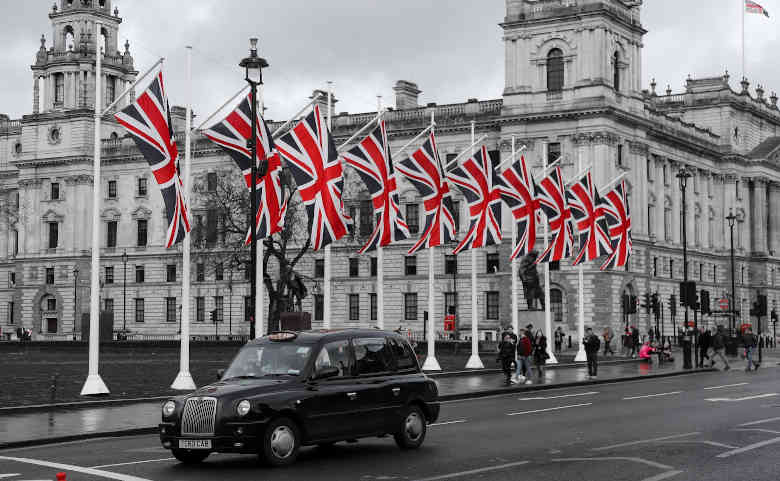CapX, July 13, Barnabas Reynolds
Brexit is about sovereignty. It is about reclaiming what the UK had, prior to 1972, when it joined the EC and agreed to pool its sovereignty. That pooling no longer suits the UK, as the 2016 Referendum determined. And nobody voted to give up bits of sovereignty to the EU on the way out. Nor did the parties have the power to agree to such a thing under the EU’s legal arrangements used for the UK’s withdrawal.
The issue to resolve is that the Withdrawal Agreement and Northern Ireland Protocol involve continued EU control over various aspects of UK sovereign decision-making.
Why did the UK agree to this? There is only one reason. It is because the UK obtained an agreement, contained in Article 4 of the Political Declaration, that at the end of 2020 the UK would have a future relationship that respected the UK’s full sovereignty and internal market, and provided for near-frictionless trade to continue.
This was the essential condition. There is no other provision in those documents that favours the UK. The Prime Minister rightly signed up to this, to avoid the artificial cliff edge that arose from the EU’s sequencing of the negotiations. But to achieve such an outcome, the NI Protocol must be replaced at year end by a new arrangement for an invisible border on the island of Ireland. Other provisions of the Agreement must also be superseded where they give continued rights to the European Court of Justice – and EU law – over UK affairs.
Click here to read the piece in full.
Click here to read the report.

